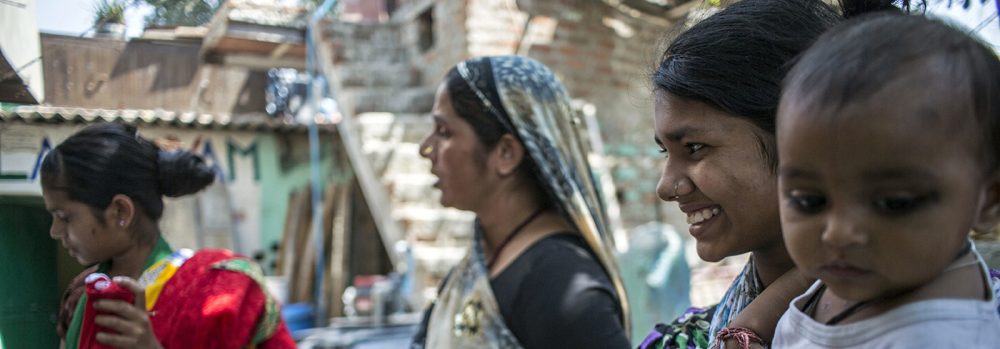The UNESCO World Conference on Education for Sustainable Development is an opportunity to create a culture of sustainable living. But it will only be successful if we find better ways to support and strengthen adult learning and education for sustainable development, argues Christiana Nikolitsa-Winter

The UNESCO World Conference on Education for Sustainable Development takes place from 17 to 19 May 2021. While education at all levels has experienced unprecedented interruption due to the COVID-19 pandemic, the impact on adult learning and education (ALE) has been little considered, certainly when compared to schools and universities. While the pandemic has highlighted the importance of ALE in coping with and emerging from the crisis, it has also deprived adults around the world of access to education, and presented providers with difficult challenges in maintaining their learning offers, with a particularly, and by now depressingly familiar, negative impact on the poorest and least-advantaged. It is important that we reflect on this and consider, in particular, the key role of ALE in sustainable development and how we can foster it. I would like to reflect briefly on the role of ALE in education for sustainable development (ESD) and in building bridges to a future that is safe, fair, inclusive and sustainable.
Sustainable development begins with education. Agenda 21, adopted at the United Nations Conference on Environment and Development in 1992 in Rio de Janeiro, recognized the critical role that education plays in the transition to sustainable development. Education is an essential tool in making individuals aware of the issue of sustainability and providing them with related skills, while encouraging them to take actions and find solutions to the local and global challenges we face. In addition, education for sustainable development and citizenship education are strongly linked. Yet, although the question of sustainability has risen to the top of policy agendas worldwide, policy action is limited, particularly in adult learning and education. Continue reading


